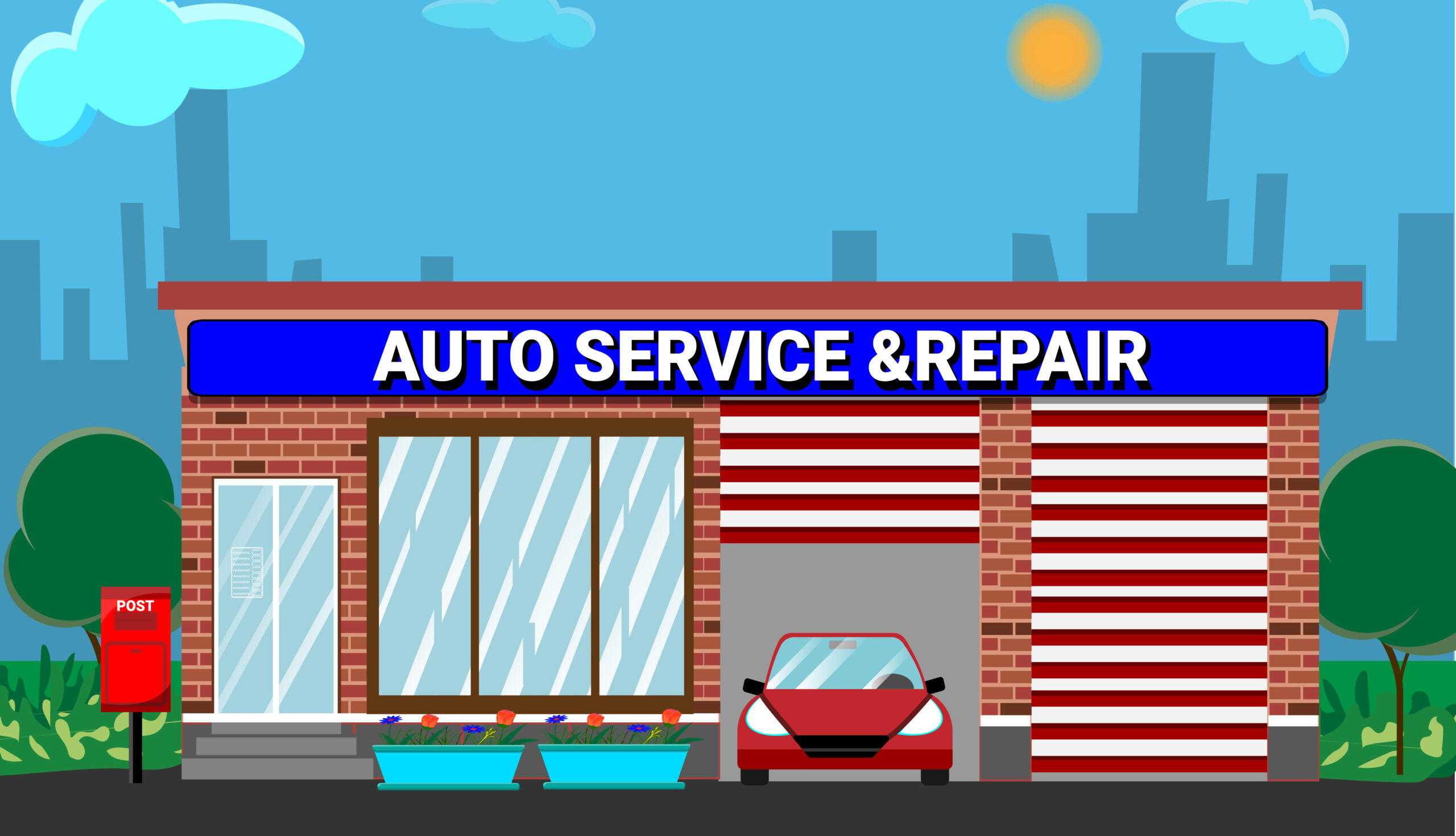
An SUV owner in Florida says he took his sport-utility vehicle to a repair shop a few years ago and paid $1,150 to have two new catalytic converters installed. When the engine light stayed on after the car was serviced, he took it to a local car dealership’s service department and learned that the new parts had never been installed. He says it appeared that the repair shop had simply spray-painted the old parts to look new.
“Upset is not the half of it — I was quite shocked,” says the car owner, who wants to remain anonymous because of a pending court case. “It’s hard for anybody to believe they’ve been scammed like that.”
He’s not alone in his frustration. Many car owners complain that repair shops have tried to take advantage of them with various scams — pushing unnecessary maintenance, for example, or charging for repairs that are never made.
Some unscrupulous garages may take advantage of customers’ lack of knowledge about their cars. “There are a lot of folks who have maybe a limited understanding of how their vehicle actually operates,” says Better Business Bureau spokesperson Josh Planos. “In the confusion, you’re putting someone at a disadvantage, especially when you inject safety into the conversation: ‘Without this repair, X can happen.’”
Most repair shops are honest, however, says Scott Benavidez, owner of a third-generation repair shop in Albuquerque and chairman of the board of the Automotive Service Association, an industry group that represents independent repair shops who are willing to agree to its code of ethics. “The small number of shops involved in these types of scams usually don’t stay in business long,” he adds.
Definitive statistics on car repair and maintenance scams are hard to track. But in a July 2023 survey of 1,000 car owners, released by Pennsylvania-based truck and truck-parts reseller American Trucks, 50 percent of participants said that an auto repair shop had tried to sell them repairs that were unnecessary at the time, 35 percent said a shop had overcharged them for parts and/or labor, and 15 percent accused a shop of claiming to fix a problem but not actually doing any repairs. Thirteen percent said they were quoted one price for a repair, but then charged more when the work was done. And 11 percent said that mechanics had charged them for new parts, but actually installed used or lower quality parts.
Americans spend a lot on their cars — common repairs average between $500 and $600, according to AAA — so those scams can be expensive. Survey respondents with luxury cars who reported scams lost an average of $1,275, while those with less pricey cars lost $764 on average.
